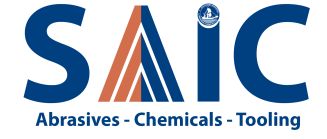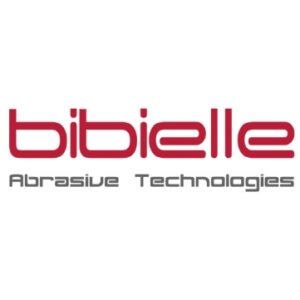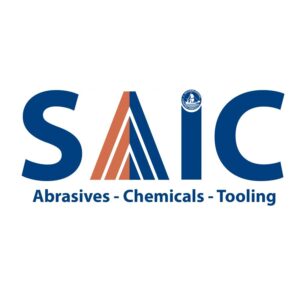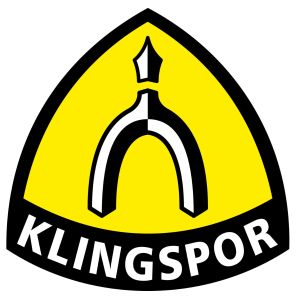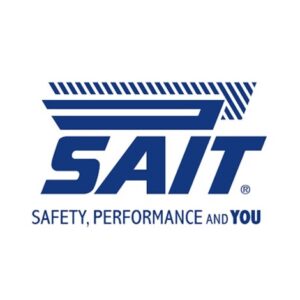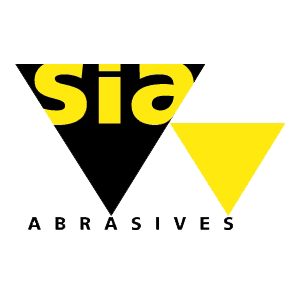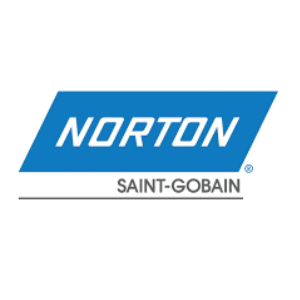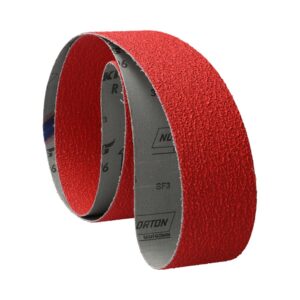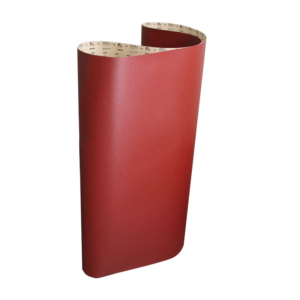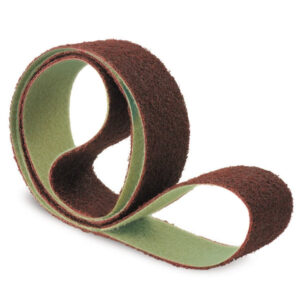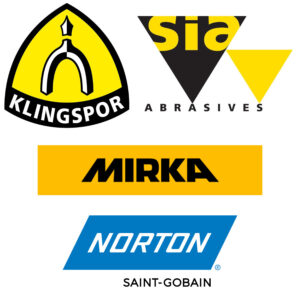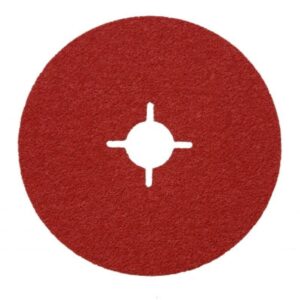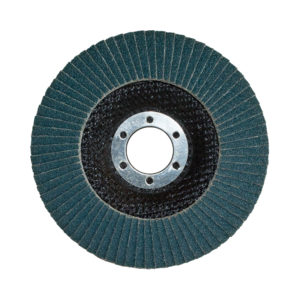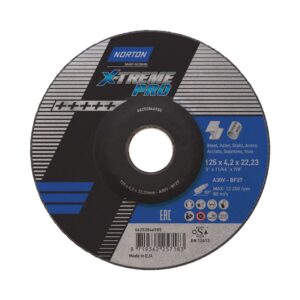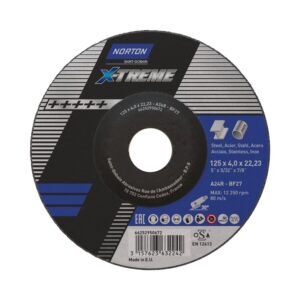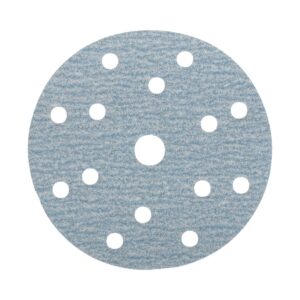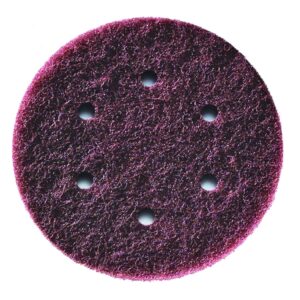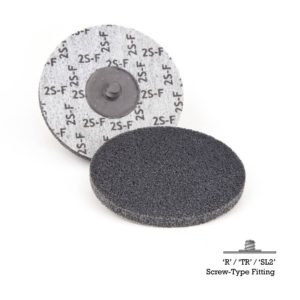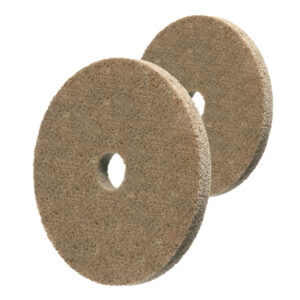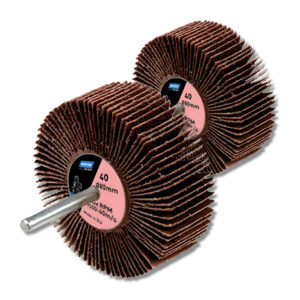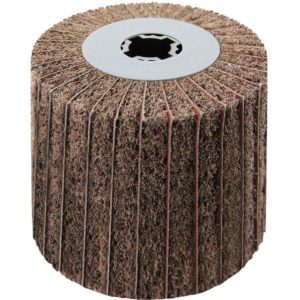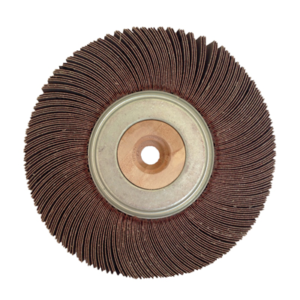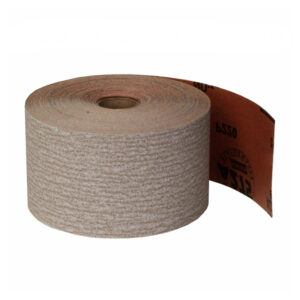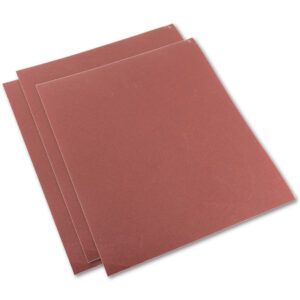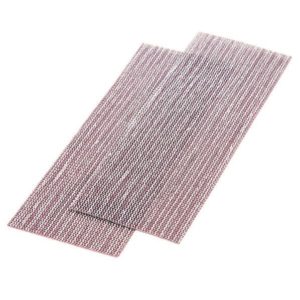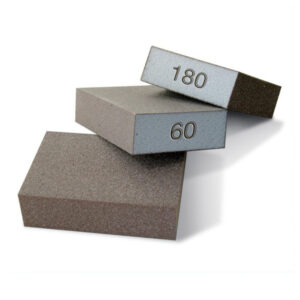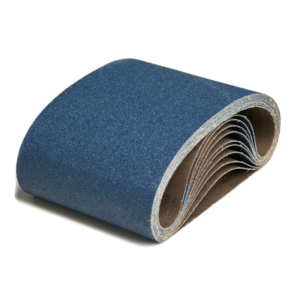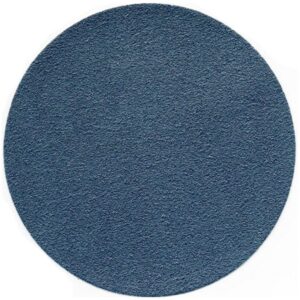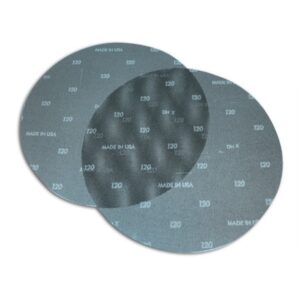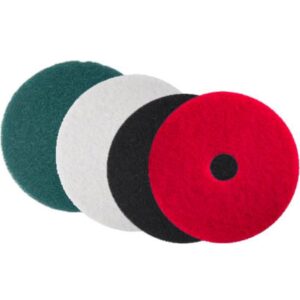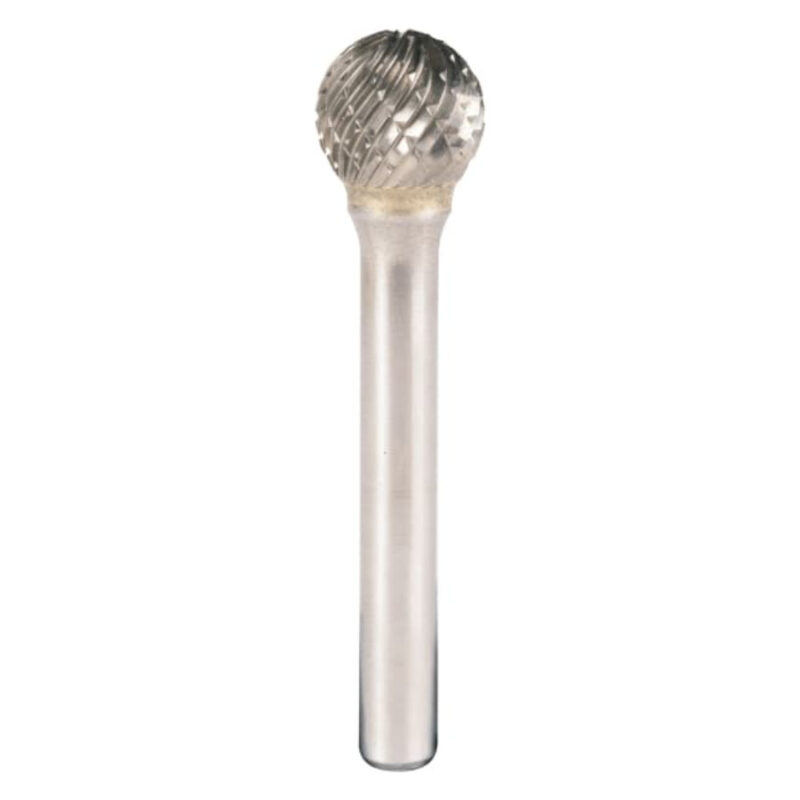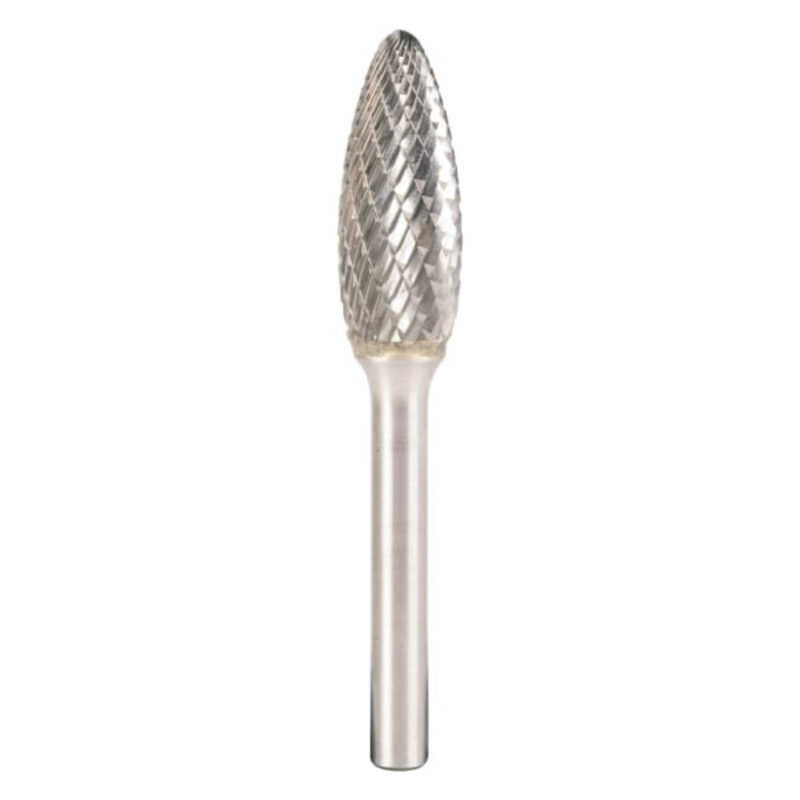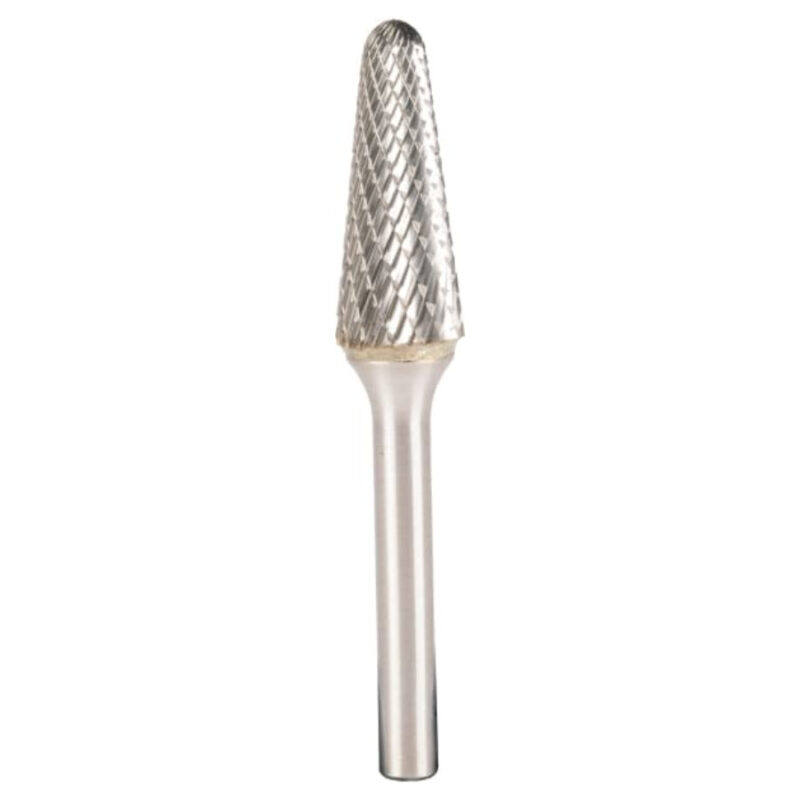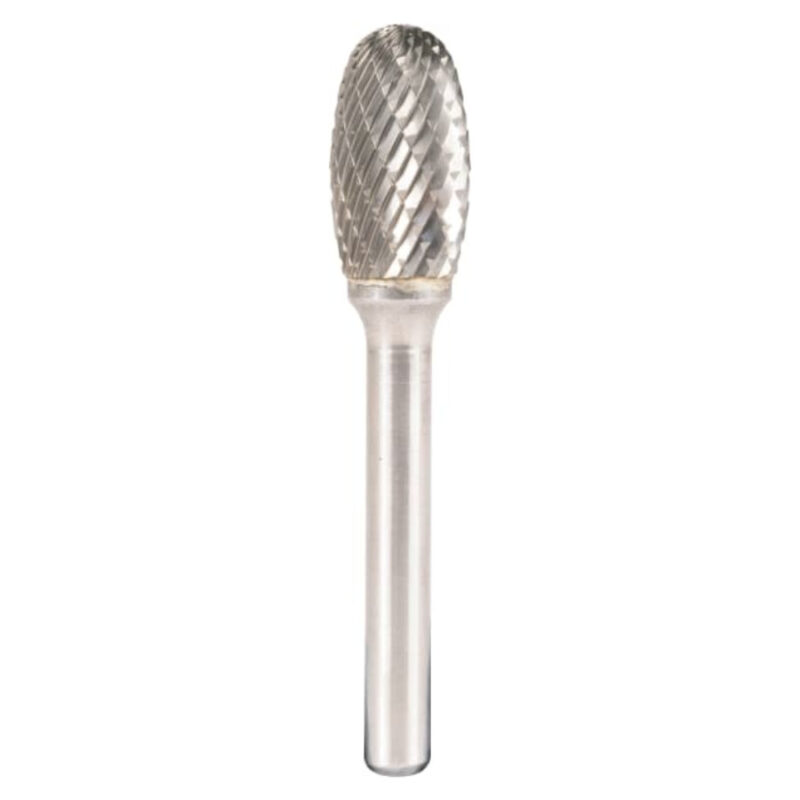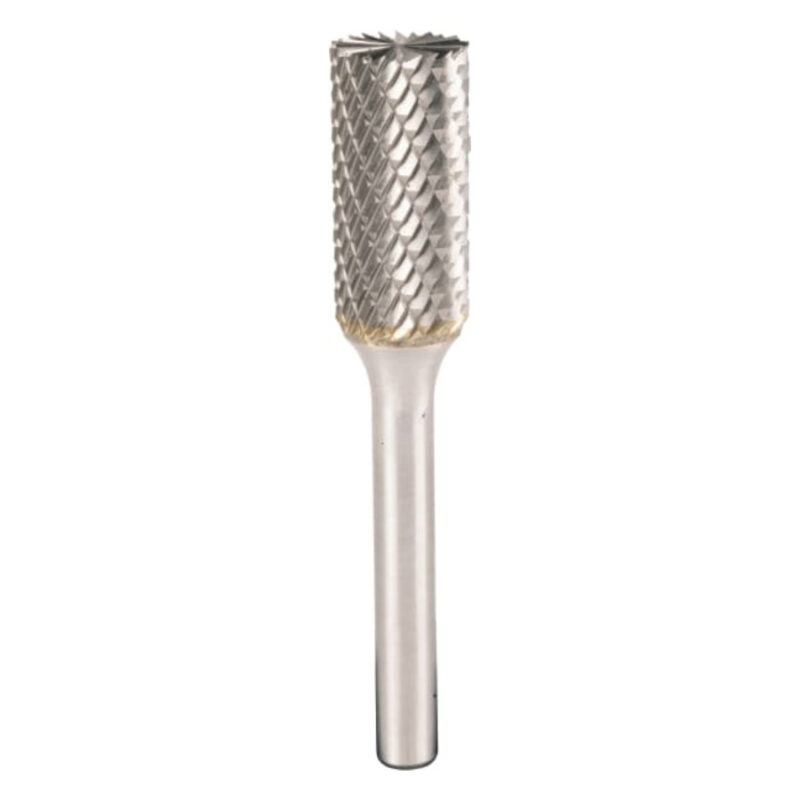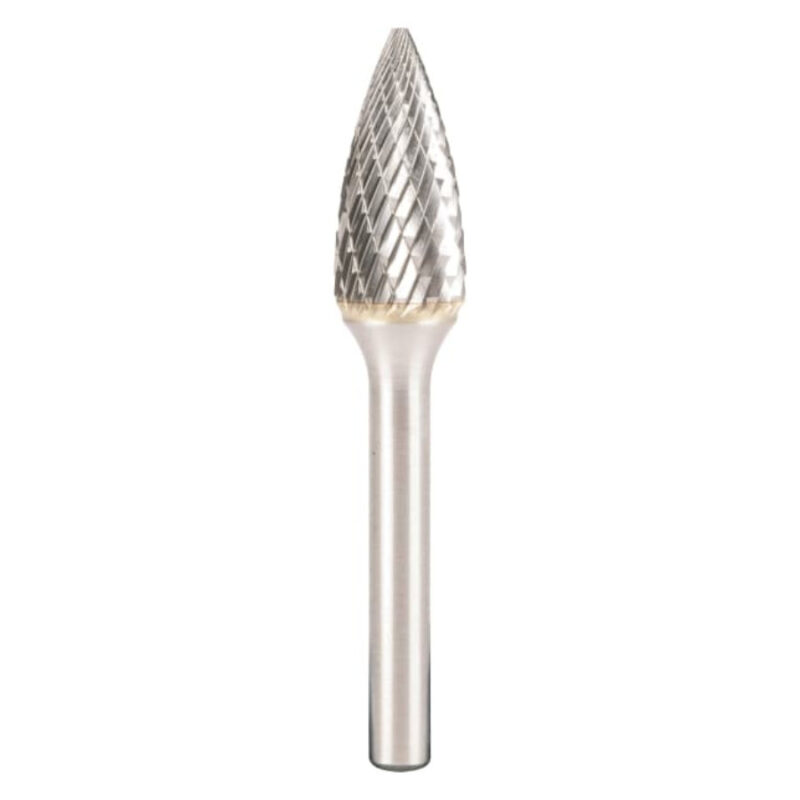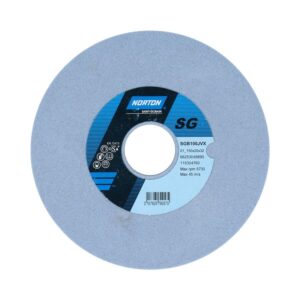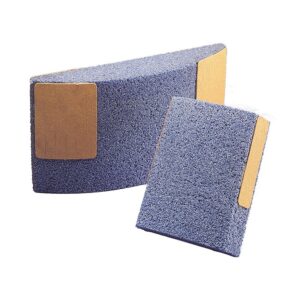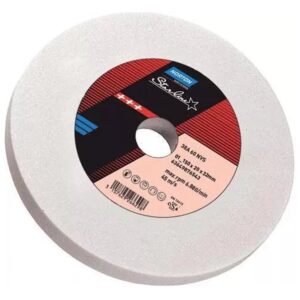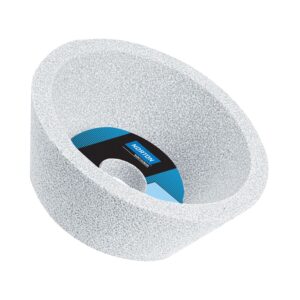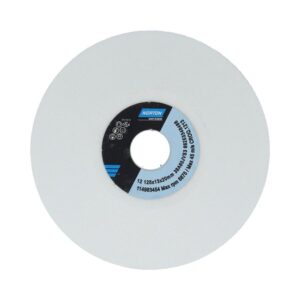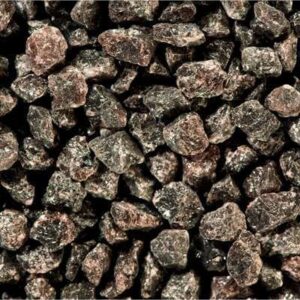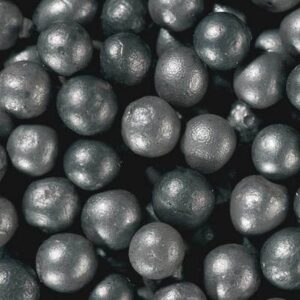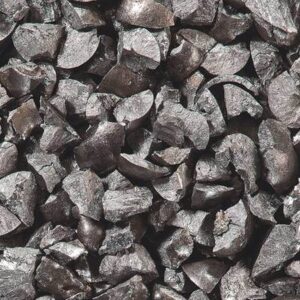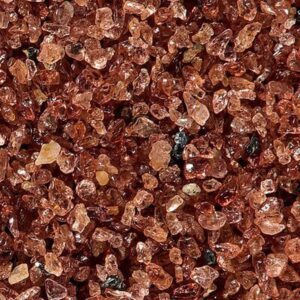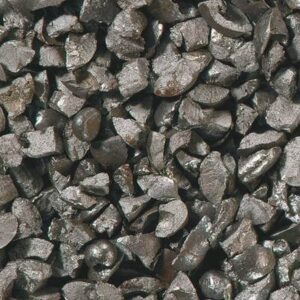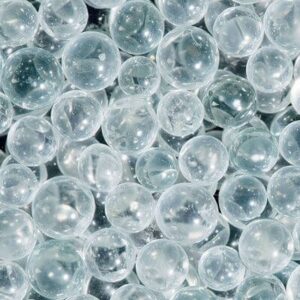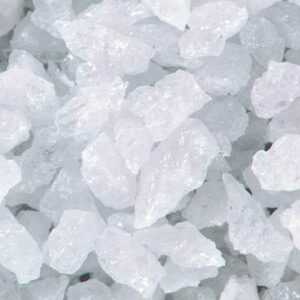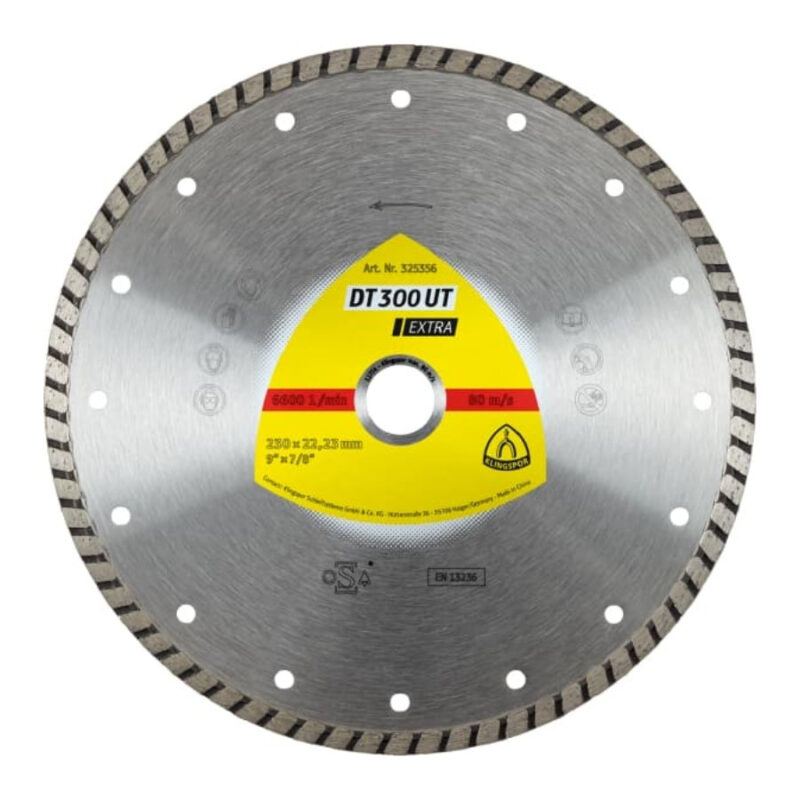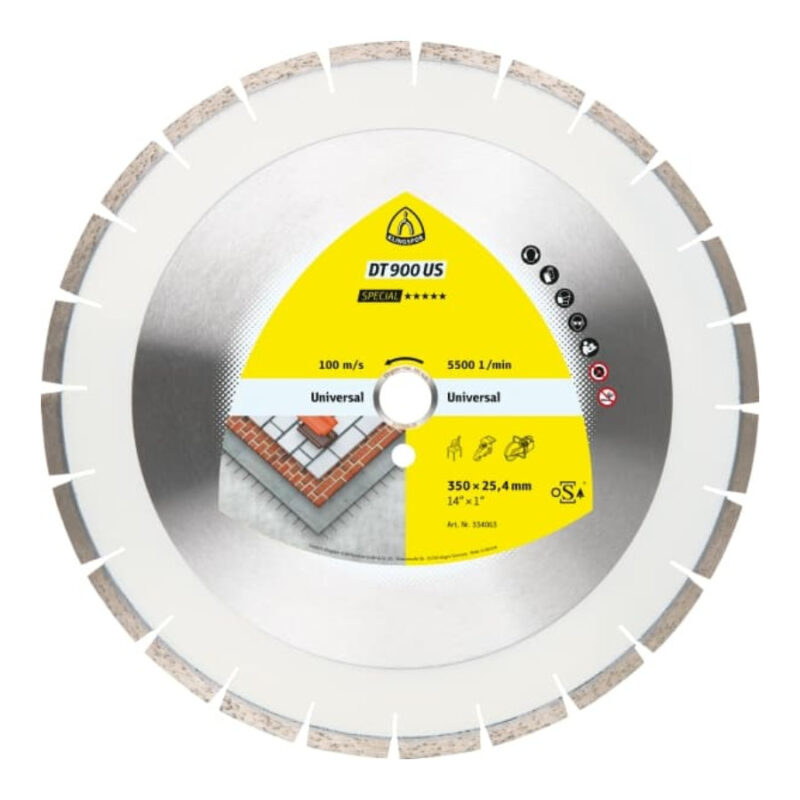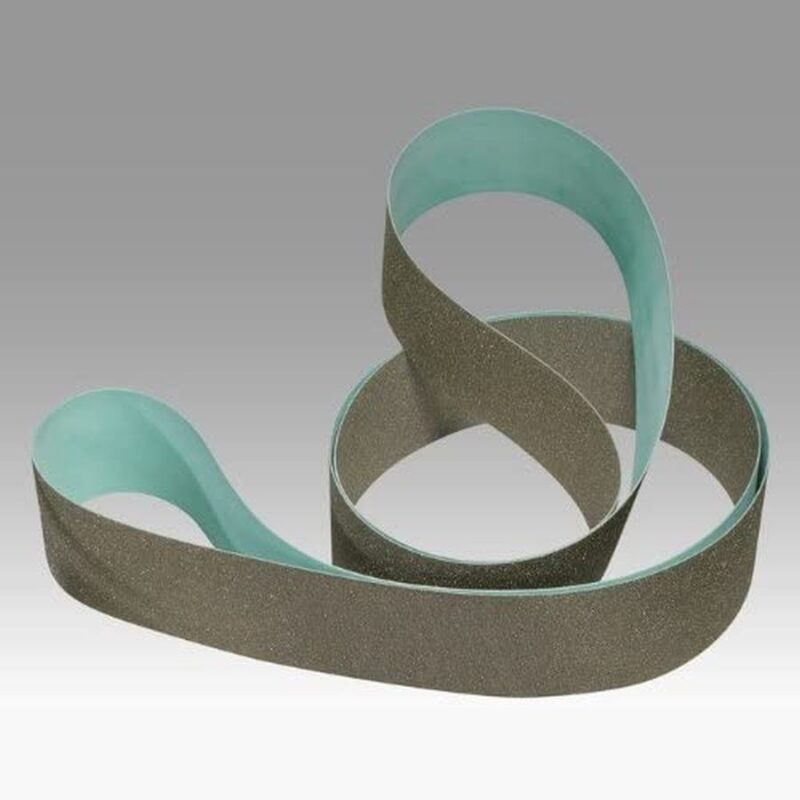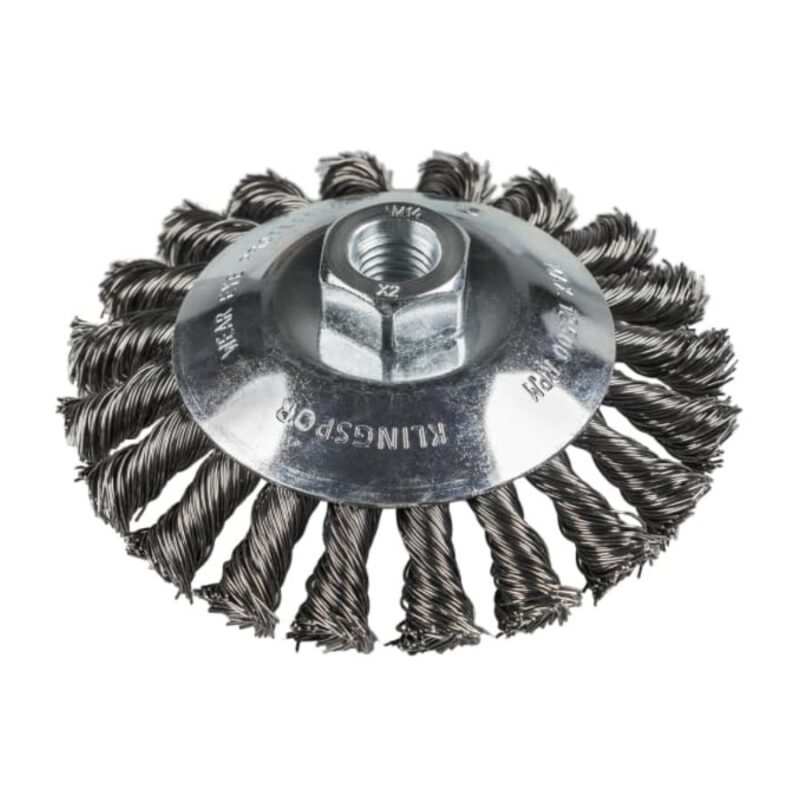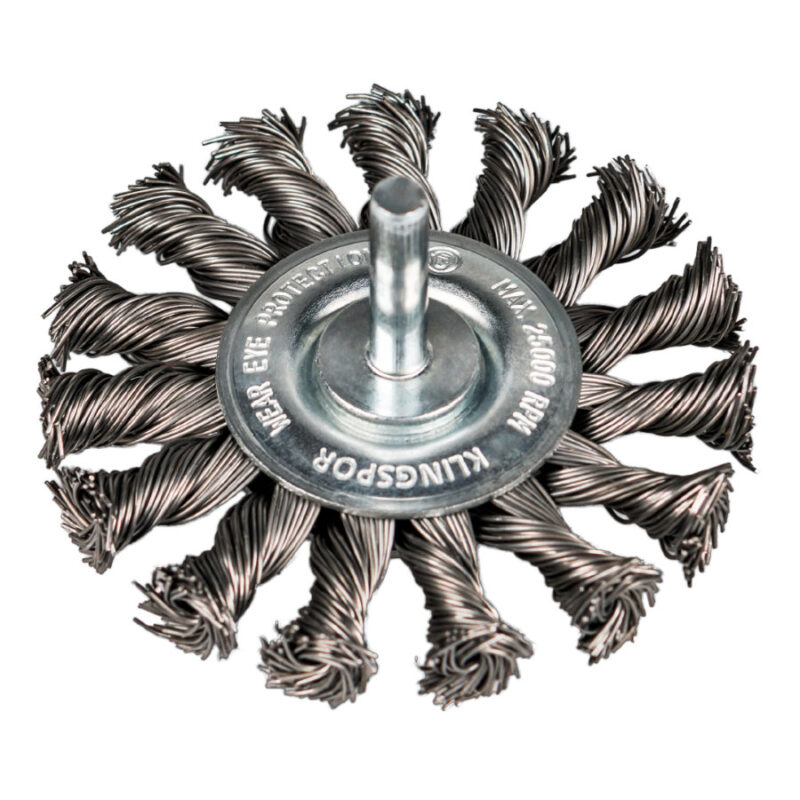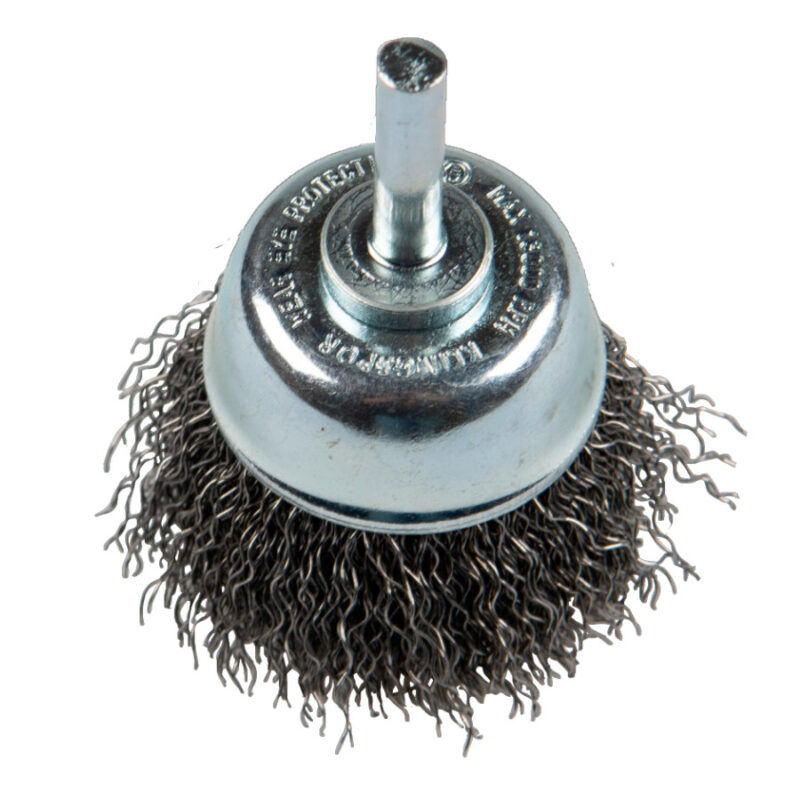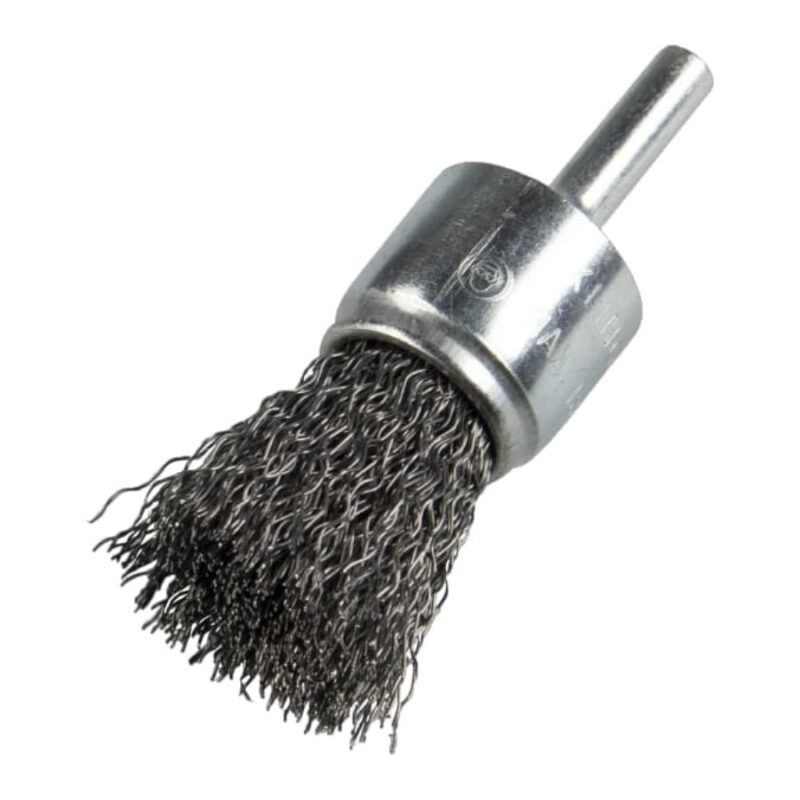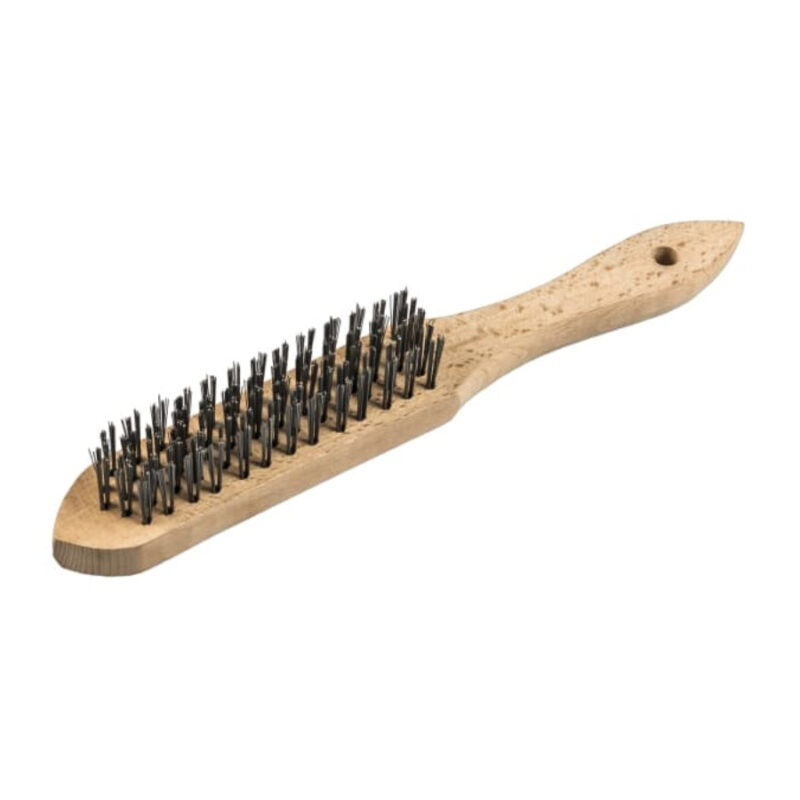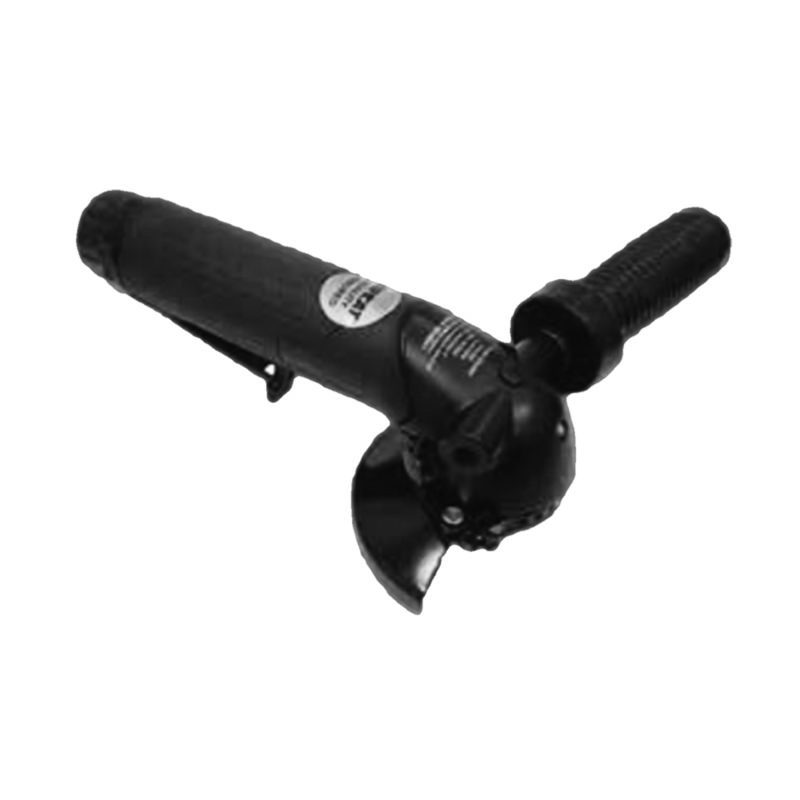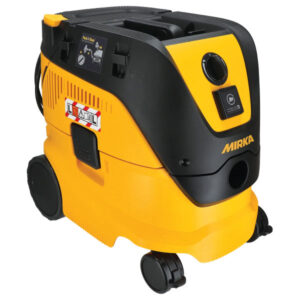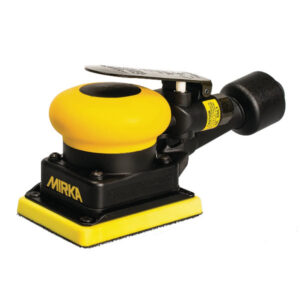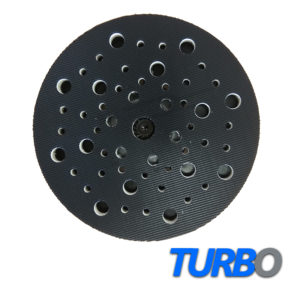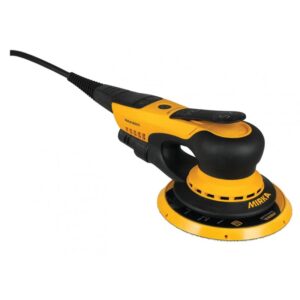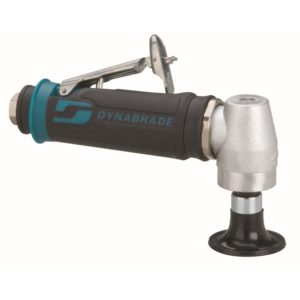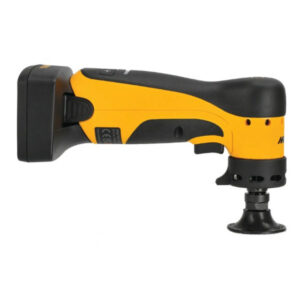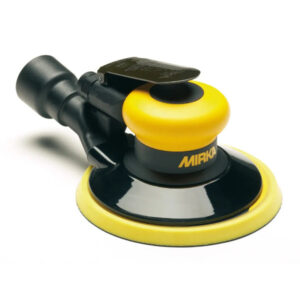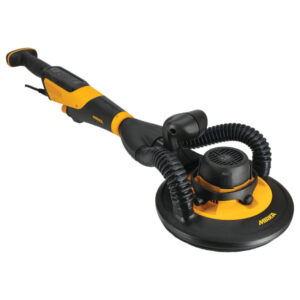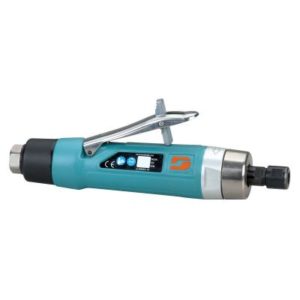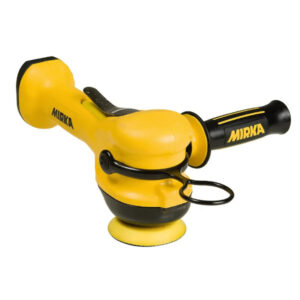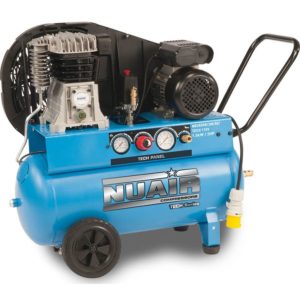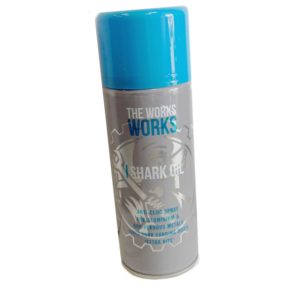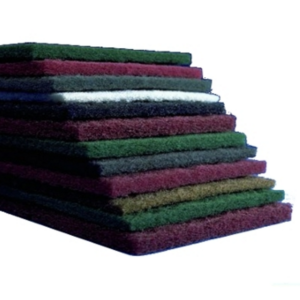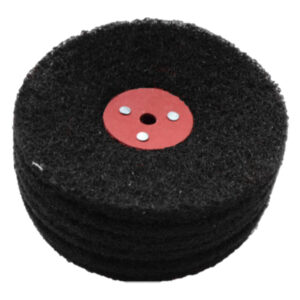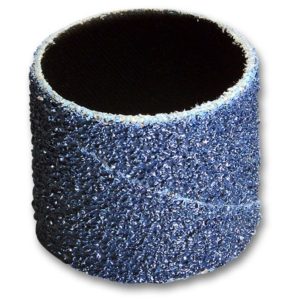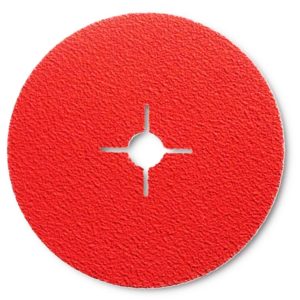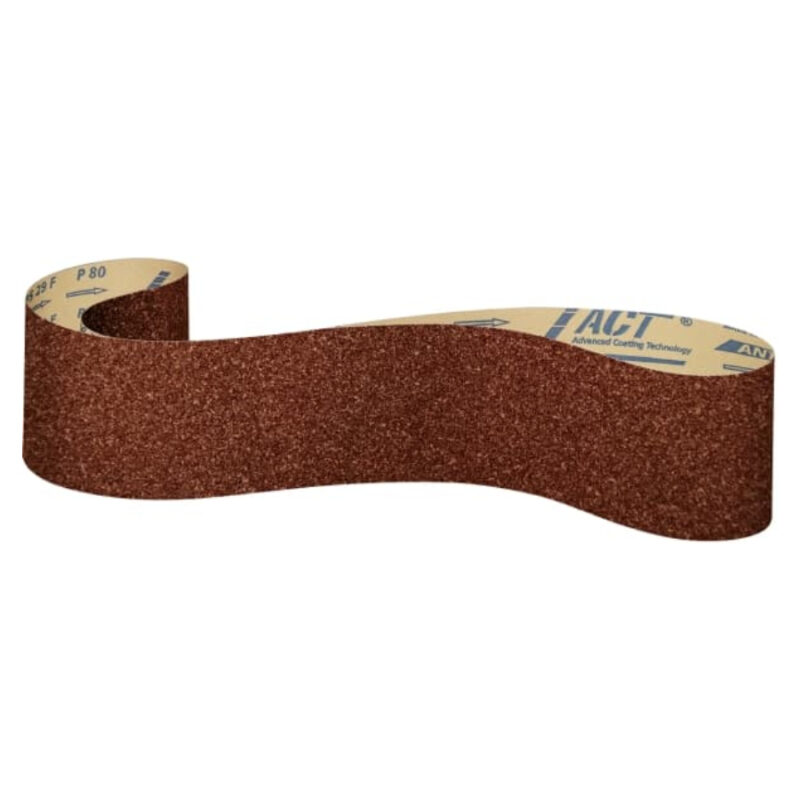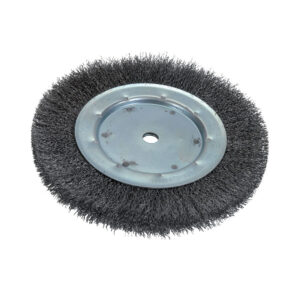Precision Engineering
The precision engineering industry is a highly specialized field that requires accuracy, consistency, and quality in every step of the process. One of the critical components of this industry is the use of abrasives to create precision parts, molds, and other critical components. Abrasives play a vital role in the precision engineering process, where high-quality surface finishes and dimensional accuracy are necessary.
There are various types of abrasives used in the precision engineering industry, and each abrasive has a unique characteristic and application. Here are some of the most commonly used abrasives in the precision engineering industry:
Diamond Abrasives: Diamond abrasives are the hardest abrasives used in the precision engineering industry. They are commonly used for grinding, lapping, and polishing hard materials like ceramics, glass, and carbides. Diamond abrasives are also used for creating precision parts for the aerospace, medical, and electronics industries.
Ceramic Abrasives: Ceramic abrasives are used for grinding and cutting hard metals, like steel, titanium, and nickel alloys. They have a high stock removal rate and last longer than other abrasives. Ceramic abrasives are also used for creating precision parts for the automotive and aerospace industries.
Silicon Carbide Abrasives: Silicon carbide abrasives are commonly used for grinding and cutting soft and brittle materials like glass, ceramics, and composites. They are also used for creating precision parts for the electronics and aerospace industries.
Aluminum Oxide Abrasives: Aluminum oxide abrasives are commonly used for grinding and cutting soft and non-ferrous metals like aluminum, brass, and copper. They have a lower stock removal rate compared to ceramic and diamond abrasives.
In addition to the different types of abrasives used in the precision engineering industry, there are also various shapes and sizes of abrasives available. The most commonly used abrasives are grinding wheels, cutting discs, and abrasive belts. These abrasives are used in precision engineering workshops for grinding, cutting, and finishing parts.
Grinding Wheels: Grinding wheels are used for removing material and creating precise shapes on metal parts. They come in various shapes and sizes, including cylindrical, tapered, and flat shapes. Grinding wheels are commonly used for creating precision parts for the aerospace, automotive, and medical industries.
Cutting Discs: Cutting discs are used for cutting metals, like steel and aluminum, into precise shapes and sizes. They come in various sizes and thicknesses, and they are commonly used for creating precision parts for the aerospace and automotive industries.
Abrasive Belts: Abrasive belts are used for finishing metal parts, like pipes and tubes, into precise shapes and sizes. They come in various grit sizes and are commonly used for creating precision parts for the automotive, aerospace, and medical industries.
Polishing Mops/Compounds: Polishing mops and compounds are used for creating a high-quality surface finish on metal parts. Polishing mops are available in various shapes and sizes and are commonly used for creating precision parts for the automotive, aerospace, and medical industries.
In conclusion, the precision engineering industry is a highly specialized field that requires accuracy, consistency, and quality in every step of the process. Abrasives play a vital role in the precision engineering process, where high-quality surface finishes and dimensional accuracy are necessary. There are various types of abrasives available, each with its unique characteristics and applications. The choice of abrasive will depend on the material being worked on, the application, and the desired finish.
